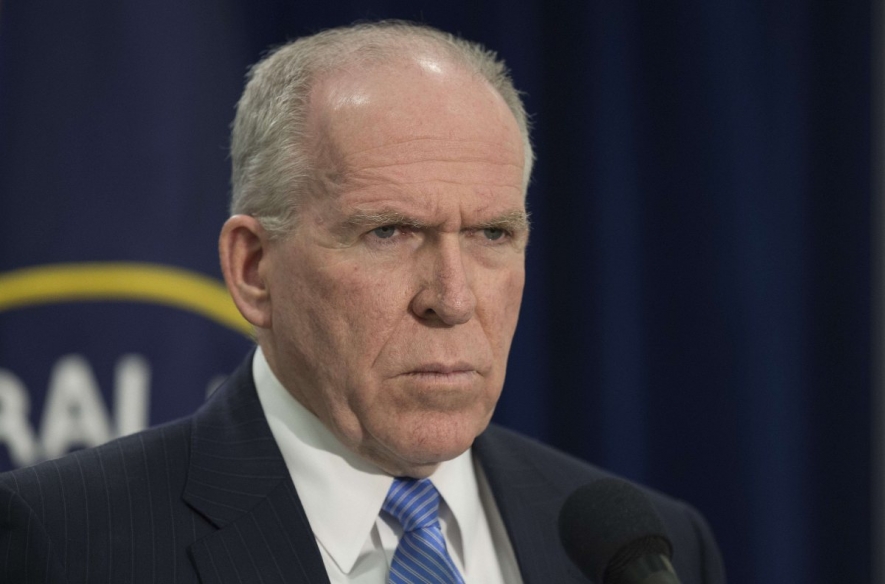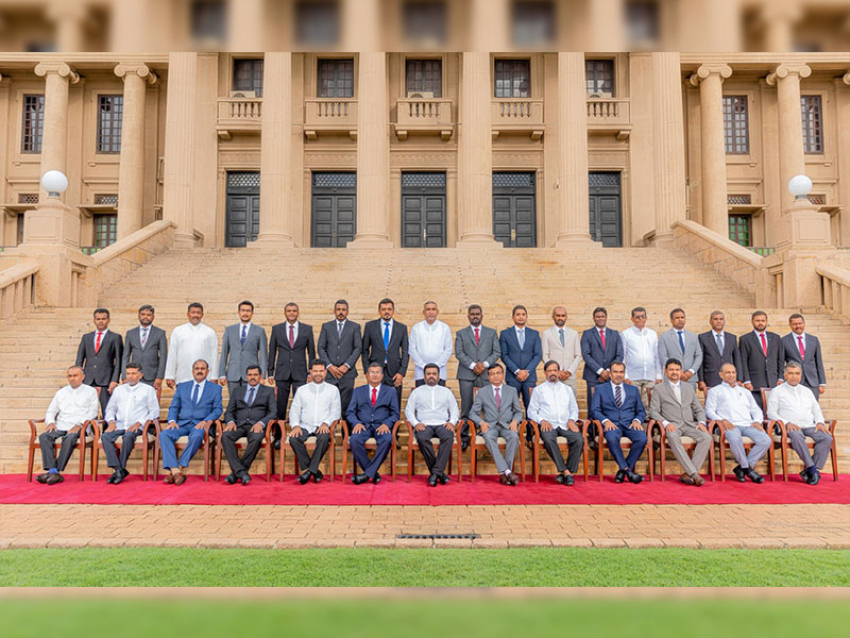Brennan’s comments, in a rare news conference, come two days after a Senate panel released a blockbuster 528-page report detailing “enhanced interrogation techniques” including mock executions, “rectal rehydration,” sleep deprivation and beatings — in interrogations in the mid-2000s. He admitted that some CIA officers’ actions were “not authorized, were abhorrent and rightly should be repudiated by all. And we fell short in holding some officers accountable for their mistakes.” Brennan acknowledged that the agency sometimes exceeded its legal authority during interrogations of terrorism suspects.
Brennan was a senior CIA official in 2002 when the detention and interrogation programme was put in place. George W Bush, was US president at that time, has not commented on the report, but his Vice-President Dick Cheney has strongly rejected criticism of the CIA’s techniques. “The men and women of the CIA did exactly what we wanted,” he told Fox News. “We said we’ve got to go use enhanced techniques … and we’re going to find out. “We’ve got Khaled Sheikh Mohammed who’s the mastermind of 9/11 and he is in our possession, we know he’s the architect. And what are we supposed to do? Kiss him on both cheeks and say please tell us what you know? Of course not.”
The UN and human rights groups have called for the prosecution of US officials involved in the 2001-2007 programme. But the chances of prosecuting members of the Bush administration are unlikely – the US justice department has pursued two investigations into mistreatment of detainees and found insufficient evidence. On Wednesday, an unnamed justice department official told the Los Angeles Times prosecutors had read the report and “did not find any new information” to reopen the investigation. US President Barack Obama, who stopped the programme in 2009, said some methods amounted to torture. When asked whether there was a situation where the CIA would use similar interrogations again, Mr Brennan said the CIA was “not contemplating” it, but said he left such decisions up to “future policymakers”.




















